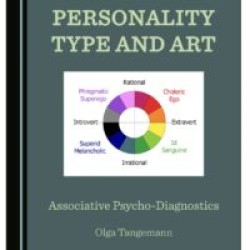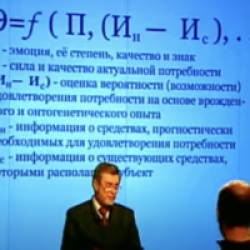The Tragedy of Hamlet, Prince of Denmark is a tragedy written by William Shakespeare between 1599 and 1602. Set in the Kingdom of Denmark, the play dramatizes the revenge Prince Hamlet exacts on his uncle Claudius for murdering King Hamlet, who was Claudius’s brother and Prince Hamlet’s father, and then succeeding to the throne and taking as his wife Gertrude, the old king’s widow and Prince Hamlet’s mother. The play vividly portrays both true and feigned madness—from overwhelming grief to seething rage—and explores themes of treachery, revenge, incest, and moral corruption. Read more.
I.Weisband, Working Materials, 1986. Translated by Dmitri Lytov, edited by Lev Kamensky, 2002
1. To be or not to be? A serious person focused on global problems. Sees the world in dramatic, even tragic colors. Expects all kinds of trouble. Beethoven’s four notes—the theme of fate —sound like the theme of his life. He takes personal problems and addresses them on a global scale. Meanwhile he often also strives to give something back to mankind.
2. Romantic. Tends to permanent doubts and wavering. Sometimes seems to people around him to be an irritable, easily excitable individual. For example any unnecessary movements put him off, because the world as it is already seems to him too dynamic. Does not like to take initiative. He values feelings above cold-minded analysis.
3. Strategist. Knows how to time his efforts. Bravely enters a situation once he had carefully studied it and prepared everything ahead of time. He waits for the right time to make a move, makes arrangements for any possible turn of events, anticipates and plans against any problems, and then acts assertively, without taking a chance. He does not take his job lightly, feels responsible to complete the project he undertakes. Struggles for victory at any cost—it is easier for him to suffer defeat than settle for a compromise. In emergency situations his redundant caution disappears without any trace.
4. Good vs. evil. He never does things he considers as evil, and is very intolerable to evil in others. However, his ethical theory is based on his own principles, without consideration for customs and authority. Sometimes his views on problems of good and evil are very original. In any case he consequently acts on them and insistently defends them.
5. Attentive to people. He is sometimes even imposing and demanding, sympathizes with them, tries to rescue them during hard times. It is not so easy to get along with him, since he is not lighthearted in his attitude towards life. More likely he is a good family man/woman. He expresses his feelings for his partner not so much through material care, as with dramatic narratives and warnings against possible dangers. The latter quality is quite important for his dual (The Inspector) who is not very capable of forecasting future events. You may call him late at night; to your question “Did I wake you up?” he will reply cheerfully “You did!” (The Humanist, who also tends to empathize, will nevertheless reply “Not at all” in a tone of voice that will make you feel ashamed).
6. Unaesthetic in routine. He does not like to take care of routine chores in presence of others as a rule, in general unable to work while being watched. If he can, he will send everyone away to run an errand. He is very fearful that his movements would seem clumsy, unaesthetic.
7. “Proud”. He has a characteristic seemingly arrogant way of carrying himself. People may get an impression that he is acting, beefing up his own importance. He is a good leader.










Перенесено из ФБ, ЭИЭ:
“. На меня иногда находит Суперид-настроение, как домик, в который можно спрятаться от внешнего мира) вхожу в образ такого себе Еся. Но в конечном итоге Эго берет своё, и я опять иду в бой) Как бы ни было спокойно в том образе, натура настроена на другое.”